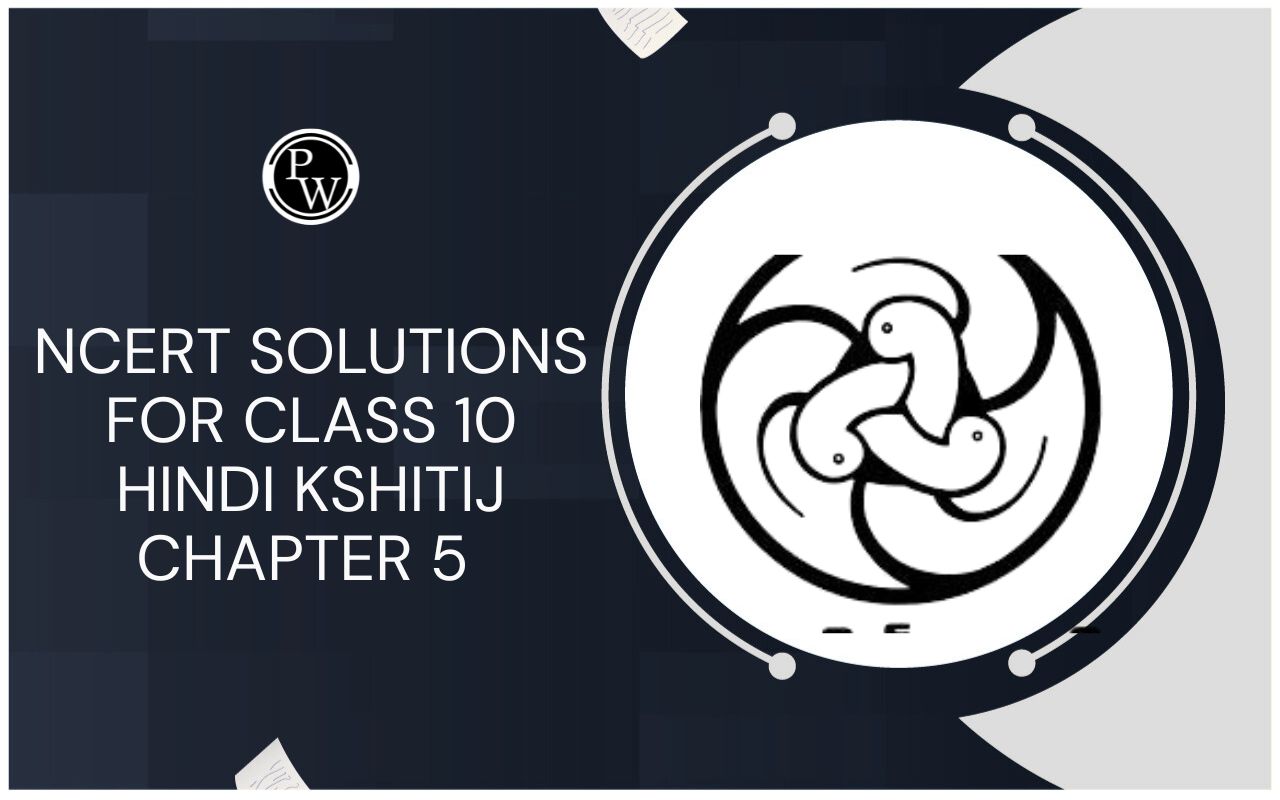
Difference Between Hypothesis And Theory: Science is a process that involves observation, inferences about those observations, and testing to see whether those assumptions are accurate. Anyone who has performed fieldwork or worked in a lab can vouch for this. The scientific method is designed to be an exact procedure for discovering more about our world.
In scientific reasoning, a hypothesis is developed before conducting any proper investigation. On the other hand, a theory is backed up by facts; it is a principle developed to explain things that have already been supported by evidence. To that purpose, science uses specific terminology to describe how theories are put forth, tested, and either upheld or refuted. Herein lies the distinction between a hypothesis and a theory. An assumption is referred to as a hypothesis when it is put forth to debate whether it might beIntroduction
In science and study, and two words are hypothesis and theory. Even though the meanings of these two words are relatively similar, there is a fundamental distinction between a hypothesis and a theory. A hypothesis is a proposed explanation for a phenomenon based on scant information. On the other hand, a theory is a body of ideas that are founded on empirical data and is used to explain specific facts or events.Hypothesis
A hypothesis is an unverified assumption or simple assumption about a topic a researcher is interested in that has to be supported or refuted. It is a provisional claim that considers the connection between two or more phenomena defined by the theoretical framework. A test must be conducted to see the validity of the hypothesis. In other words, the hypothesis connects the independent element to the dependent one and is a prediction that can be objectively validated and tested using scientific procedures. An idea is more like a question to a researcher that he wants to be answered.Related Links -
Features of the Hypothesis
If the hypothesis is relational, it must describe the connection between the two variables. The hypothesis is clear and straightforward, but its importance should be separate from its simplicity. A hypothesis can be focused and scope-limited to simplify the researcher's test. Consistent hypotheses should be derived from the majority of existing facts. Who should express it in a manner that is most likely to happen?Difference Between Hydroponics and Aeroponics
Types of Hypothesis
Below is a list of the different types of hypotheses.- Simple Hypothesis : This hypothesis establishes the relationship between independent and dependent variables.
- Complex Hypothesis: Multiple variables are present in a complicated hypothesis, making it more difficult and complex to explain.
- Null Hypothesis: A null hypothesis asserts no correlation between the two test variables.
- Directional Hypothesis: A form of a hypothesis foretells the likelihood of a result is positive or negative before the test is run.
- Non-directional Hypothesis: It is a hypothesis that doesn't foretell whether an independent variable's impact on the dependent variable will be positive or negative.
- Logical Hypothesis: Although we cannot test it, this kind of hypothesis does have specific logical underpinnings that support our assumptions.
- Statistical Hypothesis: It is a form of a hypothesis that concludes larger populations using statistical models intended to represent those groups.
Difference Between the Human Brain and Animal Brain
Theory
A theory is a rational and thoughtful way to conceptualize a phenomenon or the outcomes of such reasoning. Reflective and analytical thought processes frequently use approaches like investigation or observational study. Theories can either be wholly scientific or only partially so. For instance, depending on the situation, include generalized information on how nature functions. Although the word "theory" has its roots in Greek antiquity, it now has numerous connotations that are linked. The principle is put into practice by compiling a vast amount of data from many sources, which is then scrutinized individually and collectively to provide as many facts as feasible. After all, testing is finished and the research has reached its ultimate conclusion, the theory is continuously derived. An approach has a strong chance of being authentic and effective since it is backed up by evidence discovered through in-depth investigation. The specifics of the current situation are used to build a theory.Related Links -
Common Misconception
When discussing a hypothesis, people refer to it as a "theory." For instance, it's only a theory, not a rule, that consuming coffee after 2:00 p.m. causes migraines. It is a logically sound hypothesis based on an observation that, in two cases, consuming coffee after 2:00 p.m. produced migraines. However, even if this were true, other things may have also contributed to the migraine. This observation is a hypothesis, not a theory because it is only a logical possibility that can be tested and refuted.Difference Between Hypothesis And Theory <span style=
List two examples of scientific theories.
Here are two instances of scientific theories:
According to Albert Einstein's general relativity theory, massive objects cause a space-time distortion experienced as gravity.
According to the Big Bang theory, the cosmos rapidly expanded from a tiny singularity 13.8 billion years ago.
What purposes do hypotheses serve?
Functions of a hypothesis include:
Verifying assumptions helps validate observations.
It facilitates the formulation of pertinent inquiries.
It serves as the starting point for any investigation.
It makes it feasible to construct an experiment or observation.
How is a theory created?
Through the application of scientific principles, theories are produced. A hypothesis is developed by observation and investigation and then tested to become a theory. To increase the overall accuracy of scientific assumptions, scientists consistently acquire evidence for them.
What are the benefits of a theory, and how is it used in real life?
A theory is a systematic approach to understanding actions, attitudes, and circumstances. In common usage, a theory is an educated guess made without backing or verification. A well-thought-out explanation of a phenomenon in the natural world is called a theory, which may comprise rules, hypotheses, facts, etc.
When does a hypothesis turn into a theory?
The initial hypothesis eventually becomes a theory if it receives broad support from the scientific community and no experiments contradict it.
🔥 Trending Blogs
Talk to a counsellorHave doubts? Our support team will be happy to assist you!

Free Learning Resources
PW Books
Notes (Class 10-12)
PW Study Materials
Notes (Class 6-9)
Ncert Solutions
Govt Exams
Class 6th to 12th Online Courses
Govt Job Exams Courses
UPSC Coaching
Defence Exam Coaching
Gate Exam Coaching
Other Exams
Know about Physics Wallah
Physics Wallah is an Indian edtech platform that provides accessible & comprehensive learning experiences to students from Class 6th to postgraduate level. We also provide extensive NCERT solutions, sample paper, NEET, JEE Mains, BITSAT previous year papers & more such resources to students. Physics Wallah also caters to over 3.5 million registered students and over 78 lakh+ Youtube subscribers with 4.8 rating on its app.
We Stand Out because
We provide students with intensive courses with India’s qualified & experienced faculties & mentors. PW strives to make the learning experience comprehensive and accessible for students of all sections of society. We believe in empowering every single student who couldn't dream of a good career in engineering and medical field earlier.
Our Key Focus Areas
Physics Wallah's main focus is to make the learning experience as economical as possible for all students. With our affordable courses like Lakshya, Udaan and Arjuna and many others, we have been able to provide a platform for lakhs of aspirants. From providing Chemistry, Maths, Physics formula to giving e-books of eminent authors like RD Sharma, RS Aggarwal and Lakhmir Singh, PW focuses on every single student's need for preparation.
What Makes Us Different
Physics Wallah strives to develop a comprehensive pedagogical structure for students, where they get a state-of-the-art learning experience with study material and resources. Apart from catering students preparing for JEE Mains and NEET, PW also provides study material for each state board like Uttar Pradesh, Bihar, and others
Copyright © 2026 Physicswallah Limited All rights reserved.









